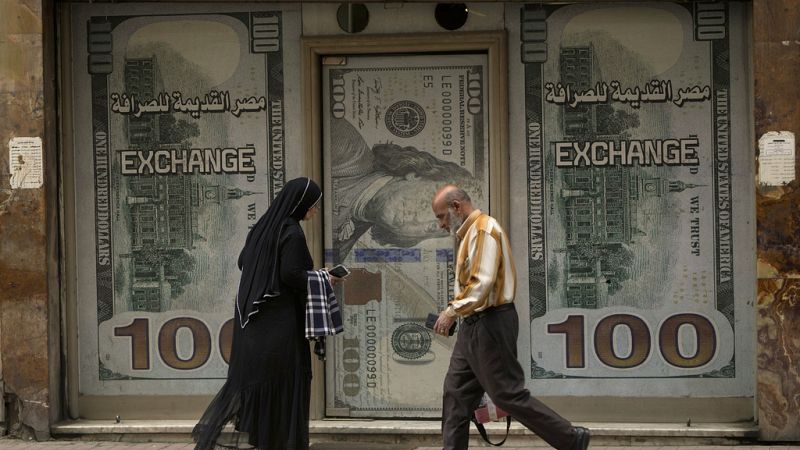Egypt's economic outlook: Growth expected amidst IMF reforms

Egypt’s economy is on track to grow by 4.0% by June 2025, as it begins to emerge from austerity measures tied to an International Monetary Fund (IMF) program, according to a recent survey of economists conducted by Reuters.
The poll, held from October 9 to 23, anticipates that GDP growth will gain momentum, reaching 4.7% in the fiscal year 2025/26 and further increasing to 5.3% by 2026/27. The current fiscal year, 2023/24, has seen GDP growth drop to 2.4%, down from 3.8% the previous year.
Contributing factors include a currency crisis and the ongoing conflict in neighboring Gaza, which have adversely impacted tourism and Suez Canal revenues.
Earlier this year, Egypt entered a significant agreement with the UAE’s sovereign fund ADQ, granting development rights for real estate along its Mediterranean coastline for $24 billion. This deal set the stage for an $8 billion financial reform package with the IMF that followed in March.
James Swanston from Capital Economics remarked, “Egypt's economic prospects are improving gradually, but strict fiscal policies will continue to address the budget deficit and the country’s debt-to-GDP ratio.” He noted that the advantages of a weaker pound are starting to be felt.
While inflation is decelerating, it is expected to remain elevated, with forecasts of 20.4% for 2024/25 and 11.4% for 2025/26. Inflation rose slightly to 26.4% in September, down from a peak of 38.0% in September 2023.
The IMF also predicts a 4.1% growth rate for Egypt’s economy in 2025. Analysts expect the Egyptian pound to depreciate further, predicting it will reach about 50.4 per dollar by the end of June 2025 and 52.0 by the end of June 2026.
Previously, the central bank maintained the pound’s value at 30.85 to the dollar until it was allowed to float in March 2024, with the current exchange rate hovering around 48.8 to the dollar.
Additionally, analysts forecast that the central bank's overnight lending rate will decline to 22.25% by the end of June 2025 and further to 14.25% by June 2026, which may provide much-needed support for households and businesses in the coming years.

